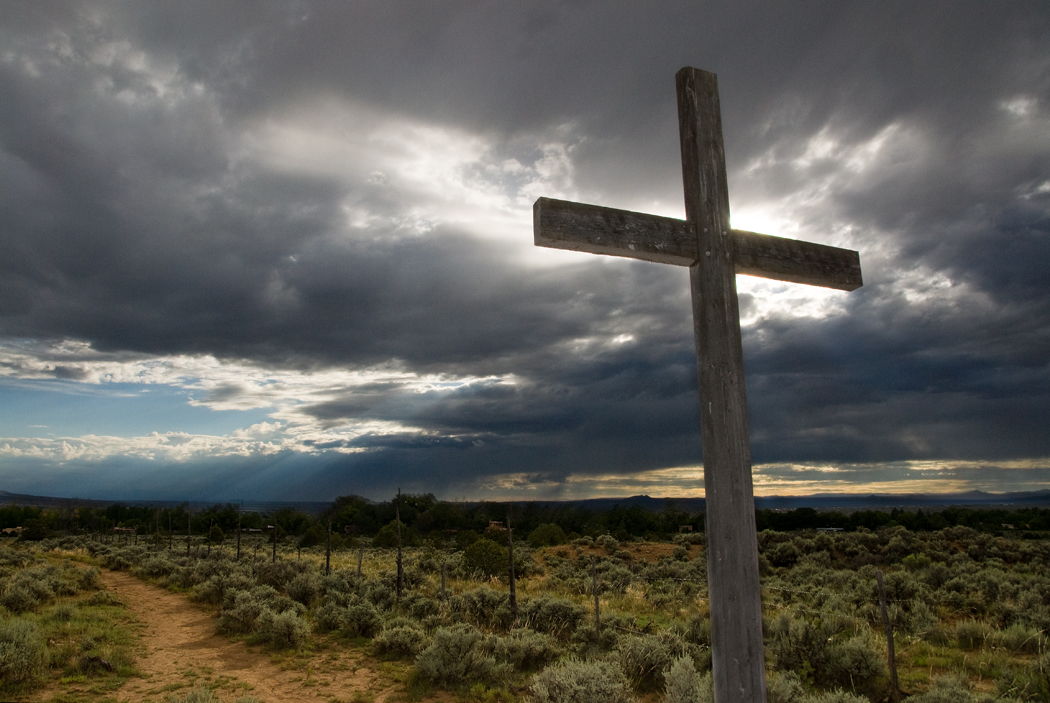
It is a custom among Catholics to pray for those who have no one to pray for them and to pray for the forgotten dead. Daily I pray for all those who died in the wars of this past century. When our children were small I took them to a military cemetery for a ceremony on Memorial Day, and we placed flowers on the graves of those who had none. When we visited the beaches and cemeteries in Normandy, our French guide wept for all the young Americans who had come to free her country. Sunt lacrimae rerum.
The New York Times sometimes hits just the right note in its editorials:
On Memorial Day, it is also worth remembering all those antecedents, lying in cemeteries across the country, who might be said to be looking for their descendants — families now so scattered that there is no one to remember how the young man-at-arms under that modest headstone was ever connected to the living world. Of all the graves where America’s military dead lie buried, how many today will be visited by family — and how many will remain unattended, unremembered, unknown?
Whatever you make of the wars in which those soldiers fought, whatever you make of war itself, their sacrifices are real and permanent. How death came to them, now or then, is something only they can know. We who have not been called to war, or have been lucky enough not to lose anyone dear, still feel the loss. These are things worth remembering here in the last blush of spring, the first flush of summer.




